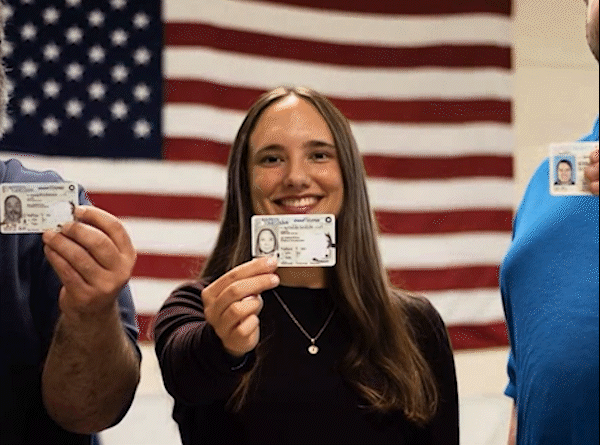Fighting against Latin American stereotypes
At the age of 15, my mom began working seven days a week at a small factory in Guatemala in order to help sustain her family. Her long work hours therefore caused the ultimate end of her academic career. Many years later, she migrated to the United States where she had both my sister and I. However, even in America, she continued to sacrifice herself in more ways than I can count so that her two daughters had the opportunities she was never presented.
You may be thinking that this story sounds extremely familiar, something you’ve heard time and time before. Well it is. For most first-generation children, our parents’ stories are the same. More often than not their story begins with “I came to America in search of a better life.” The american dream is found in a lot of ways but the way I understood it; that meant that I would do my best to be a successful Hispanic-American, and for me, along with many others, that starts with academics.
Beginning my freshman year at East Meck, I began to question how well I had been balancing my hispanic heritage in the process of assimilating to American culture. In the process of creating new friendships and relationships with my classmates, many of them were shocked to learn that I was Hispanic. Apparently, the way you dress, the rigour of the courses you take on, and your friends, determine your heritage.
While these inferences and stigmas expressed by my classmates may be surprising, it is an experience that many latino-americans share. Balancing out two cultures is not an easy task for anyone. For example, living in a hispanic household is, for lack of a better word, wild. There is an exaggerated expectation that you complete your chores, engage in socializing with your family members, and keep up with school work. On the other hand, upon entering the classroom you should adequately socialize with your classmates when asked and maintain a stable work ethic.
Imagine having to meet these expectations while being questioned about your identity. For us Latino’s that are working hard towards a certain academic or personal goal, we may be called intimidating, a try-hard, or even white-washed, among other things. In retrospect to student life at East; taking IB/AP/Honors classes, attending student organized events, or even being actively involved in the student body does not make you any less hispanic. Being a well-rounded person or student does not give anyone the right to make a person feel less than they are.
Personally, I enjoy challenging myself academically just as much as I enjoy eating tamales. While I have accepted that I am doing as best as one could balancing out the Hispanic-Ameircan lifestyle, the time I spent questioning this never needed to occur and ultimately needs to stop. We are all different and it is time that no one is judged based on how well they fit a stereotype.
Your donation will support the student journalists of East Mecklenburg High School. Your contribution will allow us to purchase equipment and cover our annual website hosting costs.







